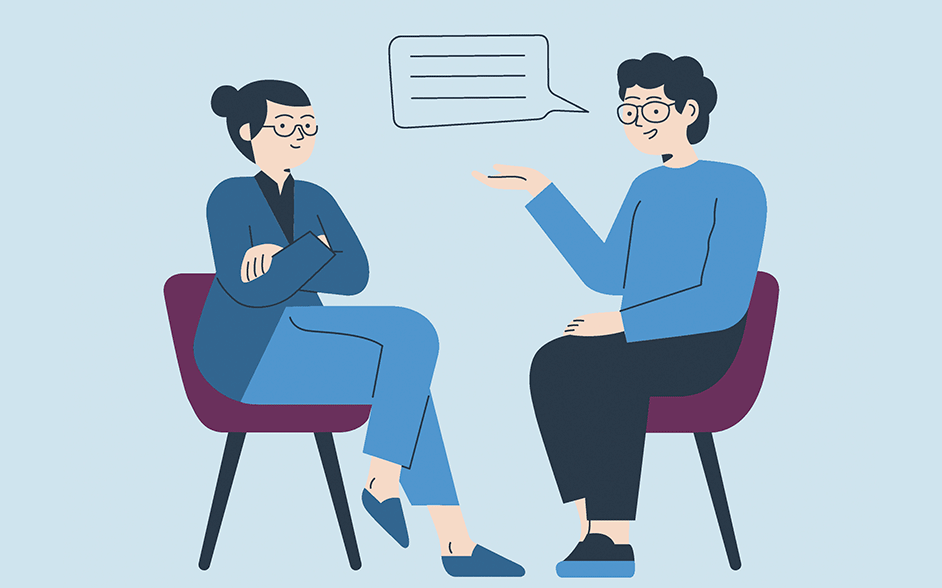- Mumbai, New Delhi, Bangalore
- (+91) 81518 30000
- WhatsApp Now
- contact@vedawellnessworld.com
Introduction: Prescription drug addiction is an escalating issue globally, and India is no exception. Often starting with legitimate medical use, the misuse of prescription drugs like opioids, sedatives, and stimulants can lead to dependency and addiction. This type of addiction is particularly challenging because it may not always be recognized early. In this blog, we’ll explore how rehabilitation centers address prescription drug addiction, offering specialized treatment and support to help individuals regain control of their lives.
The Complexity of Prescription Drug Addiction: Unlike illicit drugs, prescription medications are often prescribed by healthcare providers, making it easy for individuals to rationalize their use even when it’s becoming problematic. This addiction can be subtle, creeping into daily life as people increase their dosages or misuse the medication in ways not intended by their doctors. Over time, what began as a treatment for pain, anxiety, or attention disorders can turn into a severe addiction.
Why Rehabilitation is Essential: For many individuals, overcoming prescription drug addiction requires more than just willpower. Rehabilitation centers provide a structured environment where patients can receive comprehensive care, including detoxification, therapy, and medical supervision. This level of care is crucial, particularly for those who have been using prescription drugs for an extended period or in high doses.
Detoxification: The first step in treating prescription drug addiction is detoxification, where the body is gradually weaned off the substance. This process can be physically and emotionally challenging, as withdrawal symptoms can be severe. In a rehabilitation center, detox is carefully monitored by medical professionals who can provide medication and support to ease the process. This ensures that detox is as safe and comfortable as possible.
Therapeutic Approaches: Therapy is a critical component of treatment in drug rehabilitation centers. It helps patients understand the underlying reasons for their addiction and develop strategies to prevent relapse. The therapeutic approaches used in rehab centers for prescription drug addiction typically include:
Cognitive Behavioral Therapy (CBT): CBT is highly effective in treating prescription drug addiction by helping individuals identify and change the thought patterns that contribute to their drug use.
Motivational Interviewing (MI): MI is a counseling approach that helps individuals find the internal motivation to make positive changes, such as overcoming their addiction.
Group Therapy: Sharing experiences with others who are facing similar challenges can be incredibly powerful. Group therapy fosters a sense of community and reduces feelings of isolation.
Medication-Assisted Treatment (MAT): In some cases, rehabilitation centers may use medication-assisted treatment (MAT) to help manage withdrawal symptoms and reduce cravings. Medications like methadone, buprenorphine, or naltrexone may be prescribed, depending on the type of prescription drug being abused. MAT is combined with therapy to provide a holistic approach to treatment.
Family Involvement: Addiction doesn’t just affect the individual; it impacts their loved ones as well. Rehabilitation centers often involve family members in the treatment process through family therapy sessions. These sessions help repair relationships, educate family members about addiction, and create a supportive home environment for recovery.
Education and Skill-Building: Understanding the dangers of prescription drug misuse is crucial for long-term recovery. Rehabilitation centers offer educational programs that teach individuals about the risks of addiction and provide skills for managing stress, pain, and other triggers without relying on medication.
Relapse Prevention: Relapse is a common concern for individuals recovering from prescription drug addiction. Rehabilitation centers focus on relapse prevention by equipping patients with tools and strategies to avoid returning to drug use. This may include identifying triggers, developing coping mechanisms, and establishing a strong support network.

Specialized Care for Prescription Drug Addiction: Not all rehabilitation centers are the same, and it’s essential to choose one that specializes in treating prescription drug addiction. These centers have the expertise to address the unique challenges associated with prescription medications, such as managing withdrawal symptoms, preventing relapse, and dealing with any co-occurring mental health conditions.
Why Seeking Help is Important: Prescription drug addiction can be particularly insidious because it often starts with a medical prescription, making it harder for individuals to recognize when they’ve crossed the line into dependency. The longer the addiction persists, the more difficult it becomes to break free. Seeking help from a rehabilitation center can provide the structure, support, and medical care necessary for a successful recovery.
Conclusion: Prescription drug addiction is a growing concern, but it’s a challenge that can be overcome with the right treatment and support. Rehabilitation centers play a crucial role in helping individuals detoxify, recover, and rebuild their lives. If you or a loved one is struggling with prescription drug addiction, seeking help from a specialized rehabilitation center can make all the difference.
At Veda Wellness, we offer comprehensive treatment for prescription drug addiction, tailored to meet your unique needs. Our expert team is here to support you every step of the way. Visit Veda Wellness World to learn more about our programs and start your journey to recovery today.